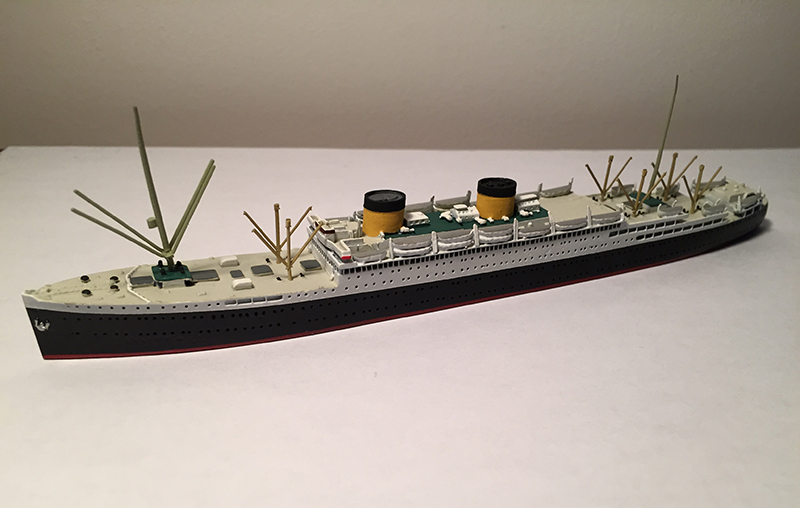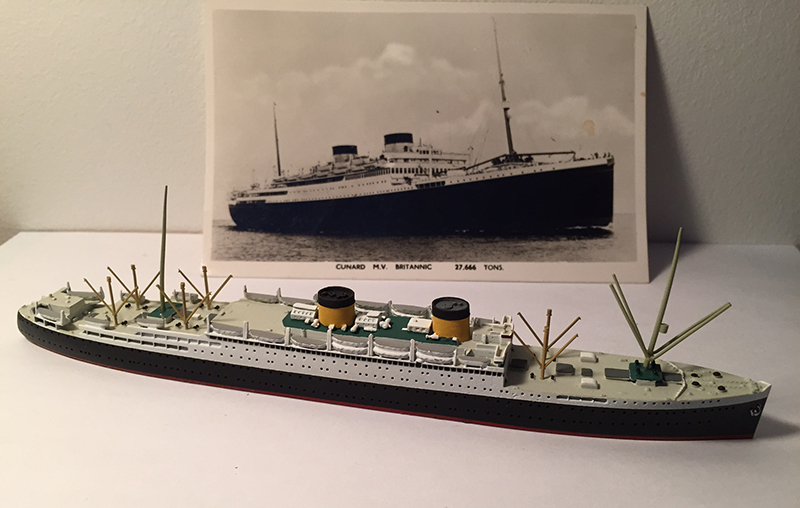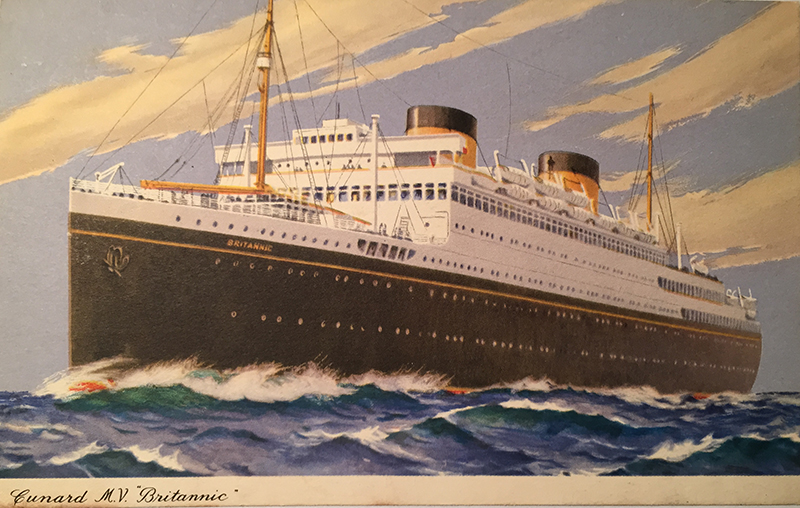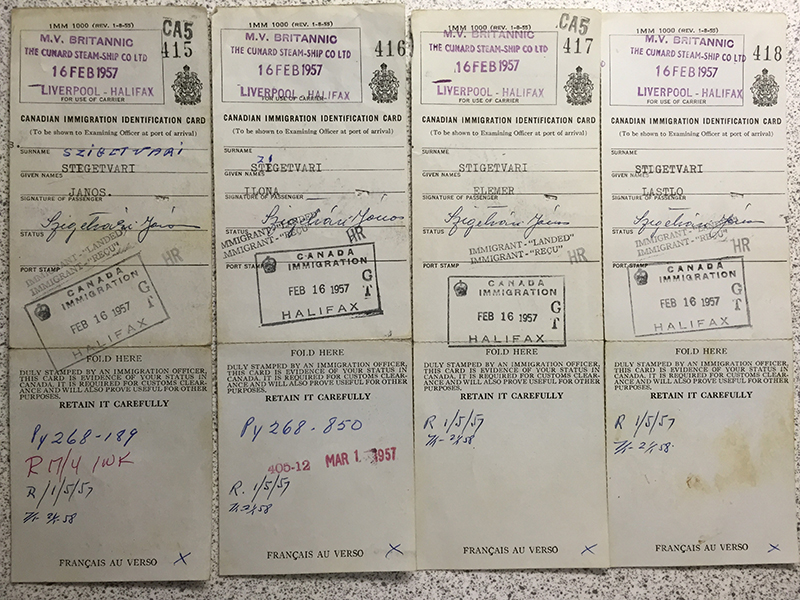Sobey Wall of Honour
Column
168
Row
11
Every refugee's experience is alike, and yet unique.
When the Russians invaded Budapest in October 1956, thousands of Hungarians - most unimaginably poor - escaped Fascist Communism.
Here's the humble story of my family's escape that ended in Canada - and life that started anew in Canada.
At the time of our escape, my family was: Father: Janos Szigetvari 26; Mother: Ilona Barath-Szigetvari 25; Brother: Elemer 5; and myself, Zsolt 5-months.
Imagine! Escaping with no language, no money, no idea of what lay ahead -- a toddler, and a babe-in-arms with nothing, not even diapers.
Stories have been told about brave soldiers and 'the things they carried'. Well, my parents carried my brother and I across the border from Hungary to Austria at the stroke of New Years on 31 December 1956. They didn't have the luxury to choose a symbolic date for any maudlin reason - they chose that specific time because it was when the Russian border guards were most likely to be drunk from partying.
It worked more fortuitously than they could have imagined. As they made their way to the town closest to the Austrian border, my parents were confronted by Russian soldiers. Because they knew there was nowhere to go from that town but the border (and freedom), the soldiers were about to arrest us. My mother pleaded that, no we were in that little town because her 5-month- old baby (me), was very sick and needed the local doctor. The soldiers were suspicious, of course, but then, as if on cue, I vomited on one of them. Angry, but sympathetic to a child, they let us go!
My parents literally carried my brother and I across the frozen tundra and we crossed the Austrian border to freedom just as a local church clock struck midnight to ring in the New Year - and a new-found freedom.
The Austrian government, and aid agencies helped arrange travel to Liverpool, and on 8 February 1957 we boarded the Britannic headed to Halifax, Canada.The ship was luxurious, but the refugees were of course humbled and appreciative in steerage.
On the voyage I was violently ill, and the crew awaited my imminent death. One of our fellow Hungarian refugees was Dr. Nogrady who operated on me and saved my life. (Forty years later I got to meet and thank him. This time he was the one ailing in the Hungarian Senior's Residence in Montreal.)
On 16 February 1957 we arrived with 510 other passengers in Canada at Pier 21 on the HMV Britannic Cunard 5501 (built:1930)!
I still have my family's original Immigration Papers issued that day.
On each document our family name was spelled wrong. And, my middle name was mistakenly written in as my first name, and even that was misspelt!
It seems according to my official papers I am not Zsolt Szigetvari, but Lastlo Stigetvari. Refugees without even accurate identification!
Imagine my parents' fear and trepidation who, despite the possible profound consequences, were too terrified to correct the spelling of their own names on the only papers that validated them as new Canadians.
Yet, even with misspelt Immigration Papers we were welcomed at Pier 21.
While my parents remained proud of their Hungarian roots, we all became very appreciative Canadians.
I am the last surviving member of our family, but our memory now lives on in Canada at Pier 21.
Thank you
Zsolt Szigetvari



